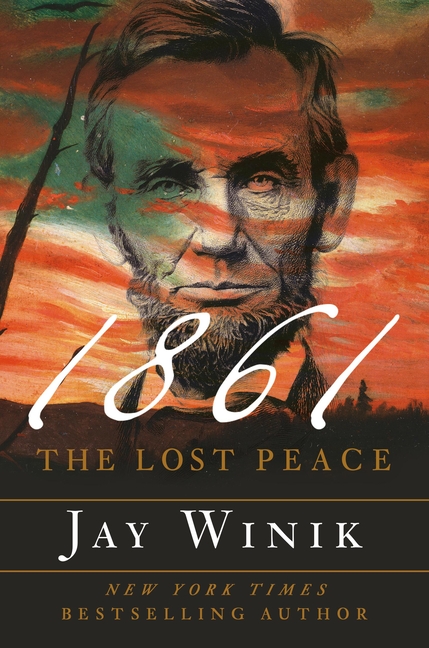Gripping ... Mr. Winik has lost none of his narrative verve, ear for dialogue, eye for the unexpected detail and willingness to stir some controversy. And what could be more timely in 2025 than a book about American anger overflowing? ... Mr. Winik begins his story with a riveting, revolting story of the abuse of an enslaved black man in Virginia—surely an argument for abolition. Yet the author also laments the inability of white men—Abraham Lincoln included—to avoid secession and rebellion when 'the country was open to reconciliation,' even if compromise was likely to extend the life of slavery ... Most intriguingly, Mr. Winik contends that the 1861 Peace Conference in Washington might have averted rebellion altogether had Lincoln and Congress embraced its recommendations ... Mr. Winik knows how to write a pulsating narrative, which is no easy task when every reader who begins the book will know precisely how it ends. Perhaps the manuscript could have benefited from fewer old saws such as 'they dug their heels in deeper' and 'cooler heads were indeed prevailing.' And the total absence of footnoting or bibliography proves inexplicable and galling, especially as the quotes in 1861 are so ripe for further discussion. But the author’s account of the attack on Fort Sumter is thrilling, and his brief but lively section on Lincoln’s inaugural journey is full of evocative surprises. One might question Mr. Winik for repeatedly dismissing the incoming president as inadequate, but his portrait of Lincoln’s politically paralyzed predecessor, President James Buchanan, is subtle and devastating ... Mr. Winik raises important and timely questions about America’s headlong descent into war with itself.

